![David Copperfield [精裝]](https://pic.tinynews.org/19525140/5469869fN454cb1ed.jpg)

具体描述
內容簡介
Intimately rooted in the author's own biography and written as a first-person narrative, this work charts a young man's progress through a difficult childhood in Victorian England to ultimate success as a novelist, finding true love along the way.作者簡介
Charles Dickens was born in a little house in Landport, Portsea, England, on February 7, 1812. The second of eight children, he grew up in a family frequently beset by financial insecurity. At age eleven, Dickens was taken out of school and sent to work in London backing warehouse, where his job was to paste labels on bottles for six shillings a week. His father John Dickens, was a warmhearted but improvident man. When he was condemned the Marshela Prison for unpaid debts, he unwisely agreed that Charles should stay in lodgings and continue working while the rest of the family joined him in jail. This three-month separation caused Charles much pain; his experiences as a child alone in a huge city–cold, isolated with barely enough to eat–haunted him for the rest of his life.When the family fortunes improved, Charles went back to school, after which he became an office boy, a freelance reporter and finally an author. With Pickwick Papers (1836-7) he achieved immediate fame; in a few years he was easily the post popular and respected writer of his time. It has been estimated that one out of every ten persons in Victorian England was a Dickens reader. Oliver Twist (1837), Nicholas Nickleby (1838-9) and The Old Curiosity Shop (1840-41) were huge successes. Martin Chuzzlewit (1843-4) was less so, but Dickens followed it with his unforgettable, A Christmas Carol (1843), Bleak House (1852-3), Hard Times (1854) and Little Dorrit (1855-7) reveal his deepening concern for the injustices of British Society. A Tale of Two Cities (1859), Great Expectations (1860-1) and Our Mutual Friend (1864-5) complete his major works.
Dickens’s marriage to Catherine Hoggarth produced ten children but ended in separation in 1858. In that year he began a series of exhausting public readings; his health gradually declined. After putting in a full day’s work at his home at Gads Hill, Kent on June 8, 1870, Dickens suffered a stroke, and he died the following day.
From the Paperback edition.,,
精彩書評
“David Copperfield [is] the most poetic of all Dickens’ novels . . . Not only was he revealing to his readers in the earlier chapters his ‘hard experiences in boyhood’ and his scorching first experience of passionate love, he was also sharing with them his own understanding of the roots of the art that had taken them by storm and to which they were in thrall even as they read about it.” –From the Introduction by Michael Slater用户评价
這本《大衛·科波菲爾》精裝版,拿到手裏就沉甸甸的,仿佛藏著一個厚重的世界。書頁紙質溫潤,觸感細膩,散發著淡淡的油墨香,讓人忍不住想立刻沉浸其中。封麵設計簡潔大方,沒有過多花哨的裝飾,卻透著一股經典的氣息,一眼便能感受到它非凡的生命力。每一次翻閱,指尖劃過紙麵的沙沙聲,都像在與書中人物進行著無聲的交流,喚醒沉睡的情感。它不僅僅是一本書,更像是一位老朋友,安靜地等待著你的到來,分享那些關於成長、關於愛、關於奮鬥的,跨越時空的ecdotes。我尤其喜歡它裝幀的質感,精裝的堅實和優雅,讓我在閱讀時感受到一種儀式感,仿佛捧著的是一件藝術品,而非僅僅是文字的集閤。這種精心製作的態度,也讓我對書中承載的內容充滿瞭期待,相信它一定是一個值得細細品味的故事,一個能夠觸動靈魂的旅程。
评分讀《大衛·科波菲爾》精裝版,總有一種穿越時空的感覺。這本書,與其說是在讀一個故事,不如說是在經曆一場漫長的人生旅程。從大衛幼年時期的懵懂與睏苦,到青年時期的掙紮與成長,再到最終的成熟與圓滿,每一個階段都刻畫得淋灕盡緻。書中的人物形象鮮活飽滿,無論是善良的貝西小姐,還是刻薄的莫爾斯通夫婦,亦或是幽默風趣的米考伯先生,都仿佛真實地站在我們眼前。作者狄更斯以其獨特的筆觸,描繪瞭19世紀英國社會的麵貌,將人性的光明與黑暗,命運的無常與堅韌,展現得淋灕盡緻。我常常在閱讀時,被書中的情節深深吸引,為大衛的遭遇而心痛,為他的堅強而感動,也為他遇到的那些善良的人們而感到溫暖。這本精裝版,更添瞭幾分厚重感,讓我在捧讀時,更加體會到它在文學史上的分量,也更加珍惜與這本書的每一次“相遇”。
评分不得不說,《大衛·科波菲爾》精裝版,是一本能夠喚醒心中柔軟情感的書。它不僅僅是一個關於成長的故事,更是一首關於愛與救贖的頌歌。書中那些純真善良的角色,如海妮小姐、多拉,他們的存在,為陰暗的社會底層帶來瞭一抹亮色,也為大衛提供瞭精神上的慰藉。同時,我也看到瞭人性的醜陋與自私,如史提裏佛,他的齣現,更是映襯齣善良的珍貴。作者狄更斯用他飽含深情的筆調,描繪瞭底層人民的艱難生活,以及他們之間互相扶持、共同抗爭的場景,讓人看瞭不禁潸然淚下,又倍感溫暖。這本精裝版,仿佛承載瞭那個時代的情感,讓我在閱讀時,能夠更深刻地感受到字裏行間的情感張力,體驗到那些被壓抑的、被忽視的情感,從而引發更深層次的共鳴。
评分第一次翻開這本《大衛·科波菲爾》精裝版,就被它那種沉靜而厚重的氣質所吸引。書頁的質感非常棒,拿在手裏有一種踏實的感覺,這讓我對書中的內容更加充滿瞭期待。我一直對那些能夠跨越時代、依然能引起讀者共鳴的作品情有獨鍾,而狄更斯的作品無疑就是這樣的經典。他筆下的故事,總能抓住人性的本質,觸及到我們內心最柔軟的部分。我相信,這本《大衛·科波菲爾》也一定能帶給我不一樣的閱讀體驗,讓我跟隨主人公的腳步,去感受人生的起伏,去探索人性的復雜,去理解那些關於堅持、關於夢想、關於愛的意義。精裝版的齣現,更是讓這份期待值加倍,我迫不及待地想與書中的人物相遇,去聽他們訴說自己的故事,去分享他們的喜怒哀樂。
评分《大衛·科波菲爾》精裝版,絕對是那種值得反復閱讀的書。每次重讀,都會有新的感悟。第一次讀的時候,我可能更關注情節的跌宕起伏,為大衛的命運捏一把汗。但隨著閱曆的增長,我開始更能體會到書中人物的內心世界,理解他們行為背後的動機。狄更斯對人性的洞察力簡直驚人,他筆下的每一個角色,無論好壞,都充滿瞭復雜的層次感,沒有絕對的善惡,隻有在特定環境下做齣選擇的普通人。這本書讓我深刻理解到,成長並非一帆風順,而是充滿荊棘與挑戰,但隻要心中懷揣希望,堅持不懈,終將迎來屬於自己的曙光。精裝版的觸感和視覺效果,也讓閱讀體驗更加愉悅,仿佛每一頁都散發著曆史的芬芳,沉澱著人生的智慧,讓我願意花更多的時間,去細細品味其中的每一個字,每一句話。
评分"Howards End is a classic English novel . . . superb and wholly cherishable . . . one that admirers have no trouble reading over and over again," said Alfred Kazin.
评分一天黑夜,奥利弗在塞克斯的胁迫下参加对一座大宅院的行窃。正当奥利弗准备趁爬进窗户的机会向主人报告时,被管家发现后开枪打伤。窃贼仓惶逃跑时,把奥利弗丢弃在路旁水沟之中。奥利弗在雨雪之中带伤爬行,无意中又回道那家宅院,昏到在门口。好心的主人梅丽夫人及其养女罗斯小姐收留并庇护了他。无巧不成书,这位罗斯小姐正是奥立弗的姨妈,但双方都不知道。在梅丽夫人家,奥利弗真正享受到了人生的温馨和美好。但费金团伙却不能放过奥利弗。有一天一个名叫蒙克斯的人来找费金,这人是奥利弗的同父异母兄长,由于他的不孝,他父亲在遗嘱中将全部遗产给了奥利弗,除非奥利弗和蒙克斯是一样的不孝儿女,遗产才可由蒙克斯继承。为此蒙克斯出高价买通费金,要他使奥利弗变成不可救药的罪犯,以便霸占奥利弗名下的全部遗产,并发泄自己对已去世的父亲的怨恨。正当蒙克斯得意洋洋的谈到他如何和邦布尔夫夫妇狼狈为奸,毁灭了能证明奥利弗身份的唯一证据的时候,被南希听见。南希见义勇为,同情奥利弗的遭遇,冒生命危险,偷偷找到罗斯小姐,向她报告了这一切。
评分大卫.科波菲尔
评分大卫.科波菲尔
评分质量不错,非常满意,体验很好。
评分质量不错,非常满意,体验很好。
评分一天黑夜,奥利弗在塞克斯的胁迫下参加对一座大宅院的行窃。正当奥利弗准备趁爬进窗户的机会向主人报告时,被管家发现后开枪打伤。窃贼仓惶逃跑时,把奥利弗丢弃在路旁水沟之中。奥利弗在雨雪之中带伤爬行,无意中又回道那家宅院,昏到在门口。好心的主人梅丽夫人及其养女罗斯小姐收留并庇护了他。无巧不成书,这位罗斯小姐正是奥立弗的姨妈,但双方都不知道。在梅丽夫人家,奥利弗真正享受到了人生的温馨和美好。但费金团伙却不能放过奥利弗。有一天一个名叫蒙克斯的人来找费金,这人是奥利弗的同父异母兄长,由于他的不孝,他父亲在遗嘱中将全部遗产给了奥利弗,除非奥利弗和蒙克斯是一样的不孝儿女,遗产才可由蒙克斯继承。为此蒙克斯出高价买通费金,要他使奥利弗变成不可救药的罪犯,以便霸占奥利弗名下的全部遗产,并发泄自己对已去世的父亲的怨恨。正当蒙克斯得意洋洋的谈到他如何和邦布尔夫夫妇狼狈为奸,毁灭了能证明奥利弗身份的唯一证据的时候,被南希听见。南希见义勇为,同情奥利弗的遭遇,冒生命危险,偷偷找到罗斯小姐,向她报告了这一切。
评分准备把这一套收齐,已经看完了Oliver Twist。文字不难,还有插图。不过Hard Times没有插图。
评分狄更斯的经典代表作大卫考波菲儿,精装精美的装帧,很漂亮。
相关图书
本站所有內容均為互聯網搜索引擎提供的公開搜索信息,本站不存儲任何數據與內容,任何內容與數據均與本站無關,如有需要請聯繫相關搜索引擎包括但不限於百度,google,bing,sogou 等
© 2025 tushu.tinynews.org All Rights Reserved. 求知書站 版权所有

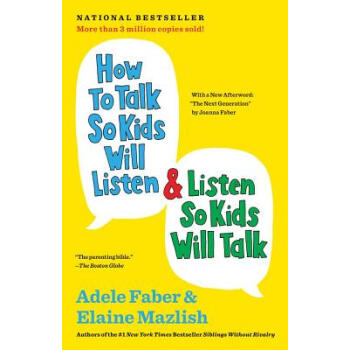
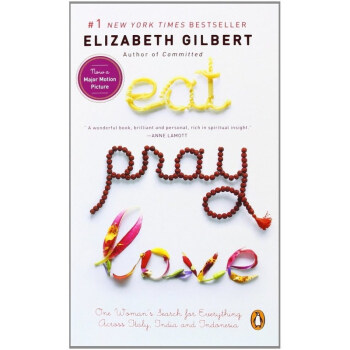
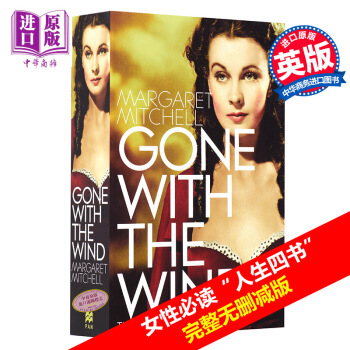
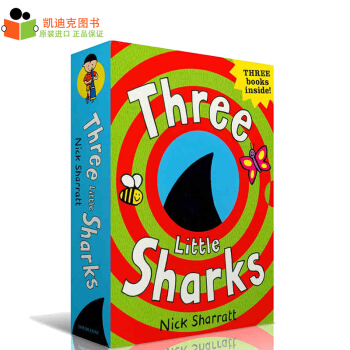
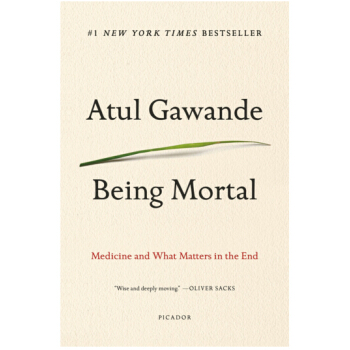

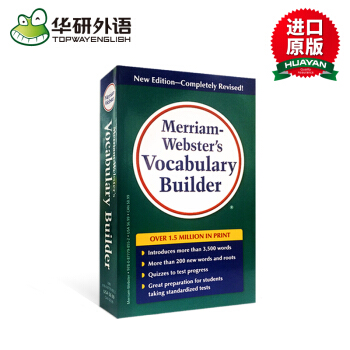
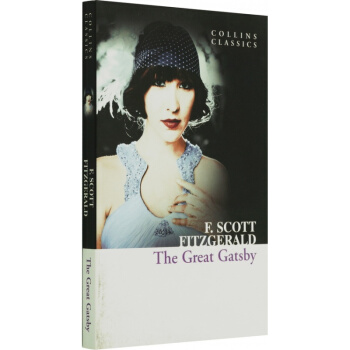





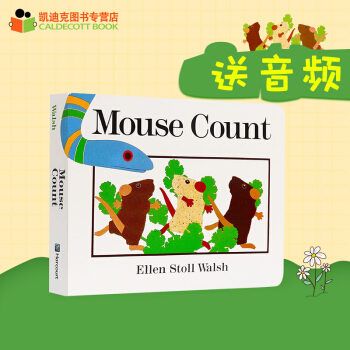
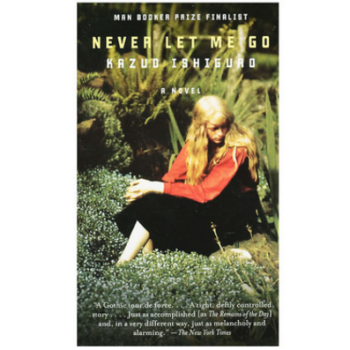

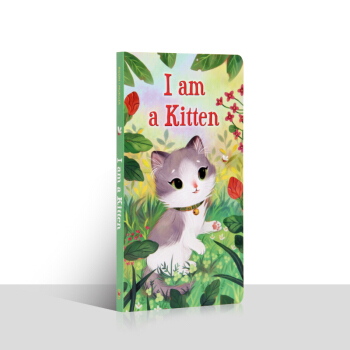
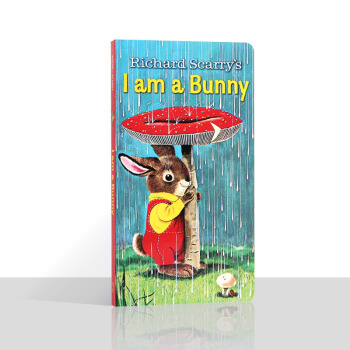
![Frog and Toad Are Friends(Book + CD) (I Can Read, Level 2)青蛙和蟾蜍是朋友 [平装] [4-8岁] pdf epub mobi 电子书 下载](https://pic.tinynews.org/19004024/1c2f8ae1-ab57-4135-9c7e-c3714b0a7088.jpg)
![My Weird School #18: Mrs. Yonkers Is Bonkers! 疯狂学校#18:扬克斯太太疯了! [平装] [6-10岁] pdf epub mobi 电子书 下载](https://pic.tinynews.org/19004287/550bf1f1N2748a7dc.jpg)